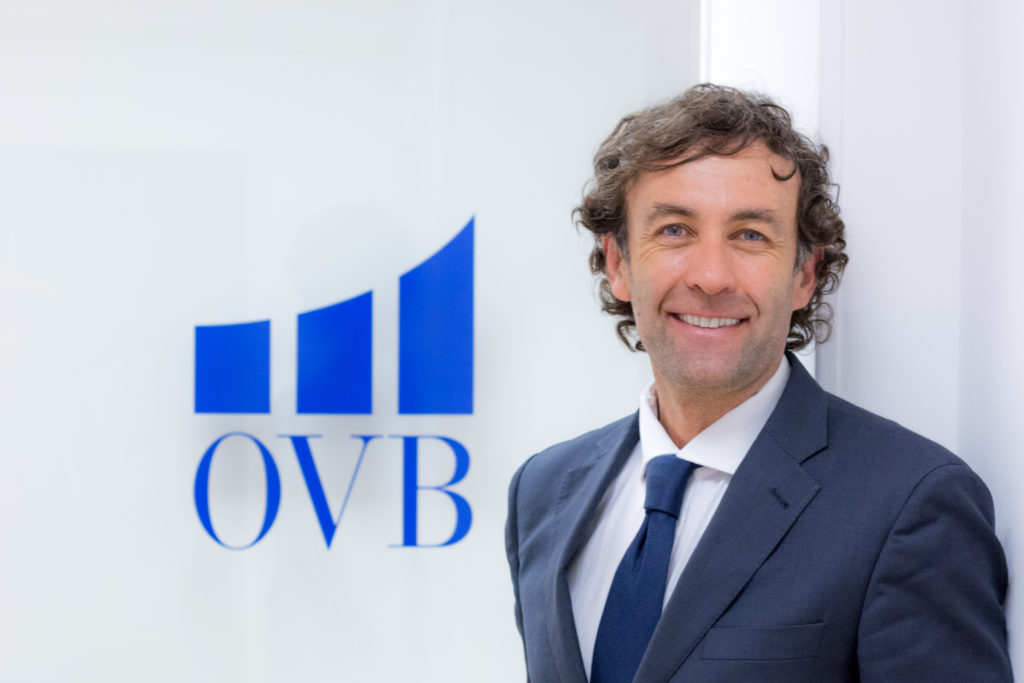The European Union and the different countries that compose it, is the equivalent to working in several companies, the difference is that instead of being called companies X, M and Z are called Countries, Germany, France and Spain. In this sense, in as many countries of the European Union you work as many applications about retirement as you do.
With this premise, we must be able to contact a financial advisor in each country where we live, so that he can explain to us the advantages of retirement in that country.
The first steps to your retirement
It may seem that retirement is still a long way off, but we must be aware that we are all going through so-called retirement. In this sense, two questions arise:
Are you saving enough to enjoy it comfortably when it comes?
There is a general principle by which you should aim for a retirement income equivalent to two thirds of the amount you expect to earn at the end of your professional career.
Planning ahead: Are you saving enough?
It’s hard to plan for tomorrow when you’re busy living in the present, but if you start planning and saving now, you’ll have more options in the future.
Demographics, among other things, mean that less and less can be expected from the public pension.
So can you rely on it alone to provide a sufficient income?
Germany is transparent enough to send a letter after the age of 5 years, indicating how much we have accumulated at that time
Factors to be taken into account:
– You need to make the right investment decisions now in order to offset the effect of inflation.
– People are living longer, so you need to make sure your money stays with you throughout your retirement. If you start saving now, the chances of having enough will be higher.
You’ll be surprised at how much of a difference it can make to your savings to start early. The reason is “compounding”.
Start saving soon and enjoy the benefits of compounding
Compound capitalization is a simple concept. When you invest money, you earn interest or income on your capital. The following year, you earn on both the original capital and the first year’s interest, and so on. This is the “snowball” effect: as your capital “falls down the slope” it gets bigger and bigger.
The sooner you start investing, the more time you have for the capitalization to act. The following table shows what would happen if you invested 100 euros per month for 40 years and if that money grew by 5% per year


